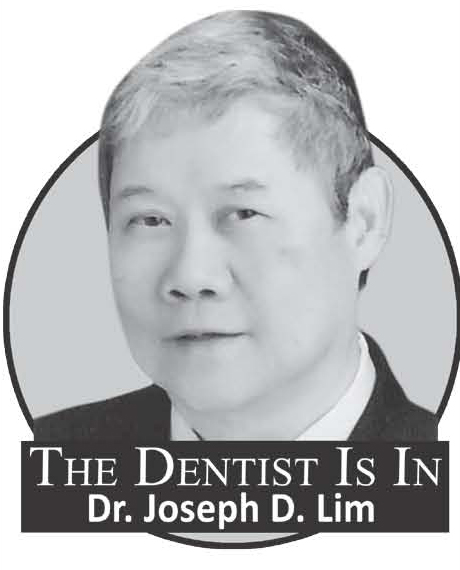You might think that mouthwash is something that, well, you wash your mouth with.

Beyond its useful role in oral health, mouthwash will be worth US$ 9,272.13 million by 2027 in the global market, up from US$5,980.35 million in 2019.
The increasing cases of oral health issues, an aging population, and product awareness are expected to drive this growth.
What exactly is a mouthwash or mouthrinse?
There are two main types of mouthwash: cosmetic and therapeutic, according to the American Dental Association (ADA).
Cosmetic mouthwash may temporarily control bad breath and leave behind a pleasant taste. When it has no chemical or biological application beyond those, dentists consider it a cosmetic.
For example, it’s a cosmetic if the mouthwash doesn’t kill bacteria associated with bad breath.
In contrast, therapeutic mouthwash contains ingredients that help control or reduce bad breath, gum disease, plaque, and tooth decay.
The active ingredients may include cetylpyridinium chloride which helps reduce bad breath. Chlorhexidine and essential oils help control plaque and gum disease. Fluoride helps prevent tooth decay while peroxide is a whitener.
A mouthwash that contains essential oils can be bought over the counter while those with chlorhexidine are available only by prescription, according to the ADA.
The ADA also says that children younger than the age of 6 should not use mouthwash, unless directed by a dentist. At this age, children may not have well developed swallowing reflexes. Large amounts of the mouthwash may cause nausea, vomiting, and intoxication (due to the alcohol content in some rinses).
“While not a replacement for daily brushing and flossing, use of mouthwash may be a helpful addition to the daily oral hygiene routine for some people,” the ADA says.
“Mouthwash offers the benefit of reaching areas not easily accessed by a toothbrush. The question of whether to rinse before or after brushing may depend on personal preference.
“However, to maximize benefit from the oral care products used, manufacturers may recommend a specific order for their use, depending on ingredients. For example, some ingredients (like calcium hydroxide or aluminum hydroxide) can form a complex with fluoride ions and reduce a mouthwash’s effectiveness. Therefore, vigorous rinsing with water may be recommended after brushing and before rinsing if these ingredients are present.
The excessive use of mouthwash restrains its global market, according to a new research study on “Mouthwash Market to 2027 – Global Analysis and Forecast – by Product, Application, Disease, and Geography”.
The major players in the mouthwash market are: Colgate-Palmolive Company; Procter & Gamble; GlaxoSmithKline plc; Unilever; Johnson and Johnson Services Inc.; The Himalaya Drug Company; Lion Corporation; AMWAY; Church & Dwight; Inc. and SmartMouth Oral Health Laboratories.
As you can see from the list above, the mouthwash industry involves big multinational companies, reflecting the size of the global market.
According to the report, these companies are launching new products, expanding and diversifying market presence. They are even acquiring other companies to increase business opportunities.
In 2020, Colgate-Palmolive Company acquired Hello Products LLC (“Hello”), one of the fastest-growing oral care brands in the United States.
In the same year, Unilever launched its mouthwash formulation in India. The product, Unilever claims, helps reduce 99.9 per cent of the coronavirus after 30 seconds of rinsing.
North America is expected to maintain its hold as the largest mouthwash market. The United States holds a significant share of this market, driven by increasing awareness about benefits offered by mouthwashes and increasing prevalence of dental conditions.
***
Dr. Joseph D. Lim is the former Associate Dean of the College of Dentistry, University of the East; former Dean, College of Dentistry, National University; Past President and Honorary Fellow of the Asian Oral Implant Academy; Honorary Fellow of the Japan College of Oral Implantologists; and Honorary Life Member of the Thai Association of Dental Implantology. For questions on dental health, e-mail jdlim2008@gmail.com or text 0917-8591515./WDJ

